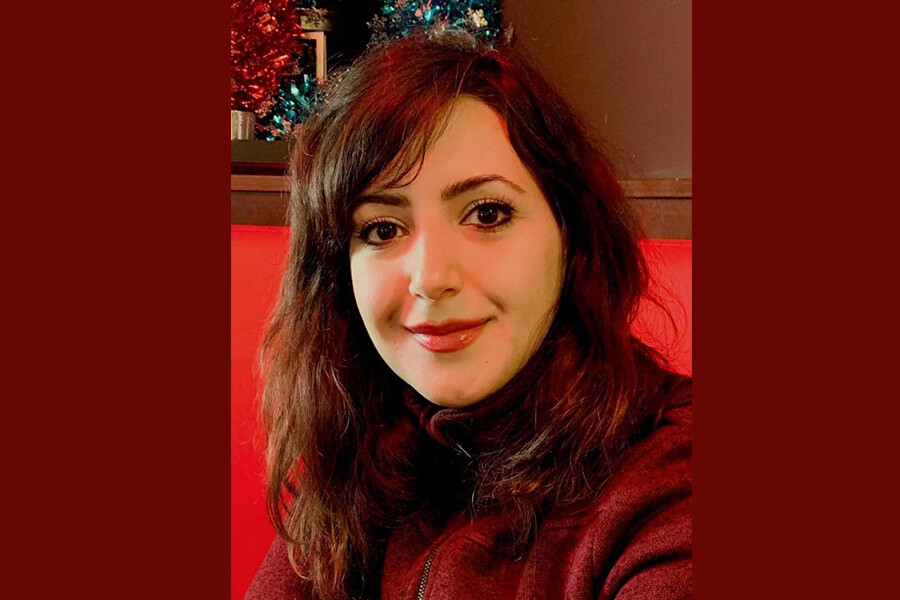
Mitra Shokrollahi is in the third year of her PhD in the lab of Dr. Karim Mekhail and was awarded the Dr. Rajalakshmi S. Dittakavi and Dr. Prema M. Rao Graduate Award in Laboratory Medicine and Pathobiology earlier this year.
Donated by past and present students of Drs. Rajalakshmi and Rao, this award is given to a graduate student in LMP who is pursuing study and research on the cause, prevention, pathogenesis, and cure of cancer.
We spoke to Mitra about her research and how her diverse research background gives her different perspectives for her PhD.
My research focusses on understanding how the nuclear envelope organization contributes to maintaining genome stability. Our main objective is to elucidate a biological mechanism that cancer cells seem to rely on to maintain their genome stability and therefore survive and proliferate. This project is still at an early stage, but we have some very promising data so far.
We are hoping to pave the way to develop future cancer therapies. Understanding basic mechanisms that might result in cancer cells’ survival and proliferation can help in the development of therapeutic interventions. We’re hoping to drive future drug discoveries and clarify the mechanism of action of some existing FDA and Health Canada approved anti- cancer drugs.
I've always been very curious and passionate about learning new things - I'm constantly trying to upgrade myself and broaden my viewpoints. Science satisfies my dynamic inquisitive nature, keeps my brain active and helps me constantly develop new perspectives.
I joined LMP because of the diversity and variety of research groups. LMP has a real holistic and interdisciplinary approach to biomedical sciences in general. That appeals to me because I think in order to be a good scientist, you have to make connections between different areas of research. This can be achieved by exposure to various fields of science and technology which helps us develop a more holistic perspective to scientific problems - LMP has this kind of mindset.
I completed a MSc in Medical Sciences at McMaster University and my research project was focused on physiology and pharmacology of the digestive system, but I also learned a great deal of cell and molecular biology as my thesis required a good understanding of cellular and molecular mechanisms of disease. I also took various courses on cell and molecular biology during my Master’s and undergrad studies.
I think various areas of life sciences are very interrelated and overlap in many areas. Therefore, knowledge in one area of research can be very useful in the other. For instance, my background in physiology helps me in better recognizing the functional impact of cell and molecular biology research in an organism; and my background in pharmacology can help me understand the mechanisms that improve the impact of drugs. This diverse background allows me to have a creative and comprehensive approach to scientific problems.
Of course, it has had its own challenges too as exploring a new area of research requires developing technical and experimental prowess specific to that area. I’ve had to pick up new laboratory techniques and build functional experimental systems.
I don’t have a clear path yet, but I know I want to contribute to the field of biotechnology and research on aging and age-related disorders including cancer.
I find the marriage between biomedical sciences and artificial intelligence very interesting. I believe biomedical sciences and health care will be hugely impacted by AI. We are at the beginning of a new, big leap in biotechnology, and I'm very excited to witness this progress and I hope to contribute to this field in the future.